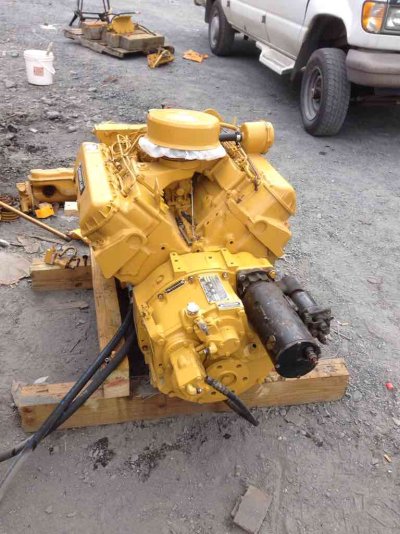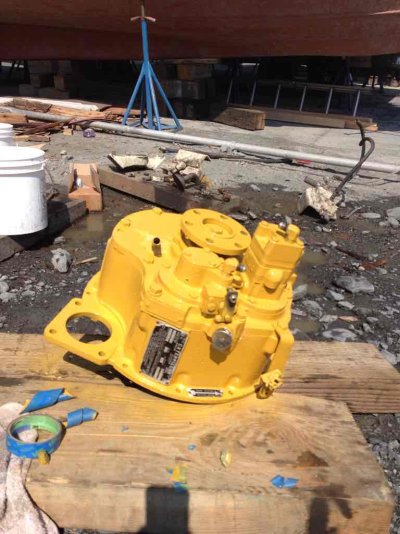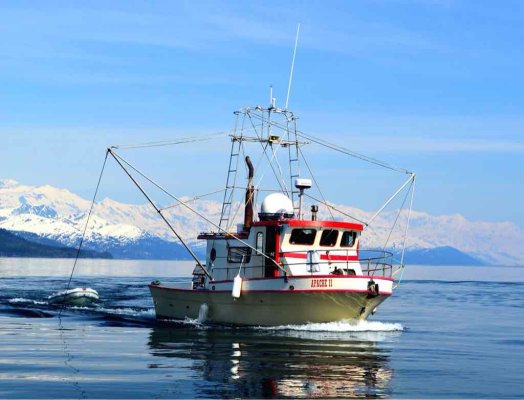I grew up on the BC coast and have boated it most of my life.
I have owned several boats up to 38 feet.
All gas.
I've been out of the game for a while and will be returning soon but going diesel. Big learning curve and I can't find any "Diesel Engines For Beginners" courses in Greater Victoria.
The local library has limited offerings.
Online is not the most favorable way to start the learning process (no hands on) but it may be the only option.
I want to have at least some knowledge before I start sniffing around the local marine service shops and bugging skippers, so...
Anyone know of some good online tutorials/videos or other resources?
Thanks in advance.
I have owned several boats up to 38 feet.
All gas.
I've been out of the game for a while and will be returning soon but going diesel. Big learning curve and I can't find any "Diesel Engines For Beginners" courses in Greater Victoria.
The local library has limited offerings.
Online is not the most favorable way to start the learning process (no hands on) but it may be the only option.
I want to have at least some knowledge before I start sniffing around the local marine service shops and bugging skippers, so...
Anyone know of some good online tutorials/videos or other resources?
Thanks in advance.







